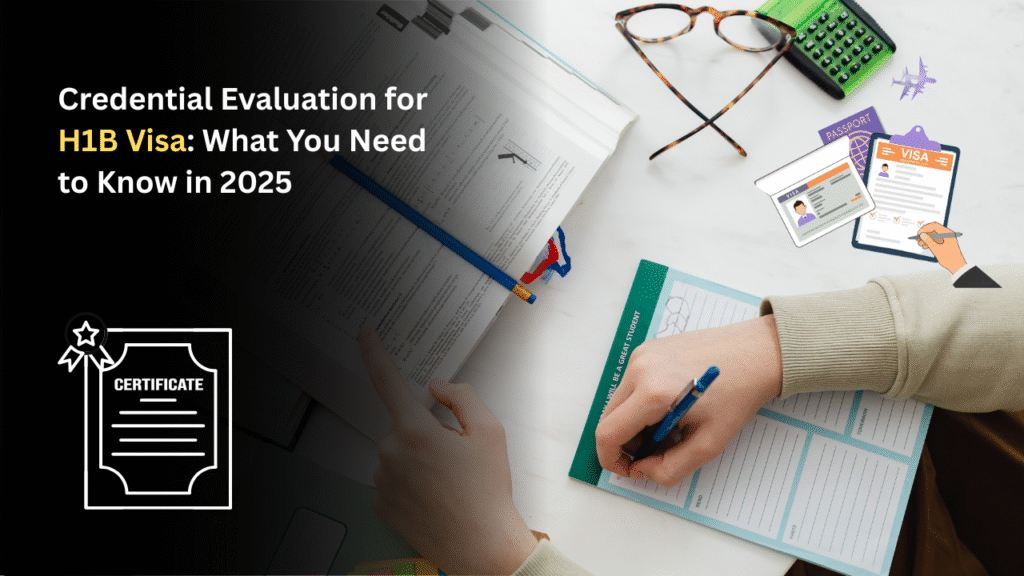Can an Expert Opinion Letter Help Me Respond to My EB-2 NIW RFE?
What Is an RFE?
A Request for Evidence (RFE) is a notice from USCIS asking for additional information before making a decision on your petition. Receiving an RFE does not mean your application has been denied—it simply means USCIS requires more proof to confirm your eligibility. In EB-2 National Interest Waiver (NIW) cases, RFEs often request clarification about qualifications, the importance of your work, or stronger supporting evidence.
Responding carefully is vital. A weak or incomplete reply can result in denial, but a well-prepared response with credible documentation can lead to approval.
Common Reasons for Receiving an RFE
In EB-2 NIW cases, USCIS uses the Dhanasar framework to evaluate petitions. An RFE usually appears when the evidence does not sufficiently cover these criteria. Some applicants fail to fully demonstrate advanced qualifications or exceptional ability, particularly if their credentials are foreign and not evaluated properly. Others may not clearly show how their work benefits the United States at a national level.
USCIS may also question the strength of recommendation letters if they are vague or fail to prove national impact. Another frequent reason is the lack of measurable proof, such as peer-reviewed publications, patents, or industry recognition. Finally, petitions that focus only on past achievements without connecting them to future contributions often invite RFEs. Understanding these gaps helps in preparing a stronger response that directly addresses USCIS’s concerns.
The Role of an Expert Opinion Letter
What Is an Expert Opinion Letter?
An expert opinion letter is a professional evaluation written by a recognized authority in your field. It provides an independent and detailed analysis of your qualifications, achievements, and the importance of your work to the United States. Unlike recommendation letters, which are usually personal in nature, expert opinion letters are objective, evidence-based assessments.
In EB-2 NIW petitions, such letters confirm that your work has significant merit, demonstrate how your abilities benefit the U.S., and support the need to waive the job offer requirement. They provide an authoritative voice that can strengthen your petition, especially if USCIS has doubts about the sufficiency of your initial evidence.
Difference Between Expert Opinion Letters and Letters of Recommendation
Although both documents can support your EB-2 NIW case, they serve different functions. Letters of recommendation are usually written by colleagues, supervisors, or collaborators who know you personally. These letters often highlight skills and experiences but may be viewed as subjective.
In contrast, expert opinion letters are authored by independent, highly respected professionals who do not have a close relationship with you. They focus on an unbiased evaluation of your work and its broader impact. Because of this independence, expert opinion letters often carry more weight with USCIS when reviewing an RFE response.
How Expert Opinion Letters Strengthen an RFE Response
When USCIS issues an RFE, it usually means there are gaps in the evidence. An expert opinion letter can address these gaps by providing an authoritative explanation of why your work matters. Experts can verify the significance of your contributions with data, explain your standing in the field, and confirm that your achievements align with national priorities.
These letters also highlight your potential for future impact. USCIS not only looks at past accomplishments but also evaluates how your work will continue to benefit the country. By presenting a clear, future-oriented assessment, an expert opinion letter helps demonstrate that granting you the NIW serves the U.S. national interest.
Importantly, these letters provide independent validation. USCIS often gives more weight to external, impartial evaluations than to personal letters or internally generated evidence. By citing publications, patents, citations, and measurable results, expert letters make your petition more persuasive and verifiable.
Tips for Getting a Strong Expert Letter
The credibility of an expert opinion letter depends largely on who writes it. Ideally, the author should be a respected leader or researcher in your field with a strong record of achievements, such as publications, patents, or industry recognition. To maintain credibility, the expert should not have a close personal or professional relationship with you. Independence is key.
A strong expert letter typically introduces the expert’s background, explains their authority in the field, and then provides a detailed evaluation of your work. It should highlight why your contributions are significant, how they meet the three prongs of the Dhanasar framework, and why granting the waiver benefits the United States. Including objective evidence such as citations, measurable impact, and future potential strengthens the letter further.
Customizing the letter to directly respond to the specific concerns raised in your RFE makes it far more effective. A generic or vague letter may not satisfy USCIS, but a tailored expert opinion can directly address the issues and strengthen your case.
Additional Supporting Documents
Although expert opinion letters are powerful, they should be supported by additional evidence. Submitting published articles, patents, or innovations can provide tangible proof of your achievements. Metrics such as citation counts, adoption rates, or measurable social and economic impact further reinforce your petition.
Awards, professional recognition, or media coverage also serve as credible validation of your contributions. Documentation that shows how your work is being implemented or adopted, along with clear future plans, helps USCIS see both current and long-term value. Together, these supporting materials create a strong, well-rounded response package.
Final Thoughts
Consulting with an Immigration Attorney
While expert opinion letters are essential, combining them with professional legal guidance is highly recommended. Immigration attorneys understand USCIS standards and can ensure your RFE response is clear, complete, and strategically structured. They can also help you choose credible experts and integrate their letters effectively with the rest of your documentation.
Importance of a Timely and Thorough Response
Timing is critical. USCIS usually allows between 30 and 87 days to reply to an RFE. Missing the deadline almost always leads to denial. Acting quickly, collecting evidence, and preparing a detailed response increases your chances of approval.
A well-prepared expert opinion letter, combined with strong supporting evidence and legal guidance, can make a significant difference. It demonstrates that your contributions are valuable, your work benefits the United States, and your petition meets the standards for the EB-2 NIW category.
Conclusion
An expert opinion letter can be the deciding factor in overcoming an EB-2 NIW RFE. Written by a qualified and independent authority, it provides a credible, evidence-based assessment of your qualifications and the national importance of your work. When combined with supporting documents and guided by an experienced immigration attorney, it strengthens your case and greatly improves your chances of approval.
If you receive an RFE, do not view it as the end of your petition. Instead, consider it an opportunity to reinforce your case with stronger evidence. By leveraging expert opinion letters and comprehensive documentation, you can turn an RFE into a successful step toward permanent residency in the United States.



